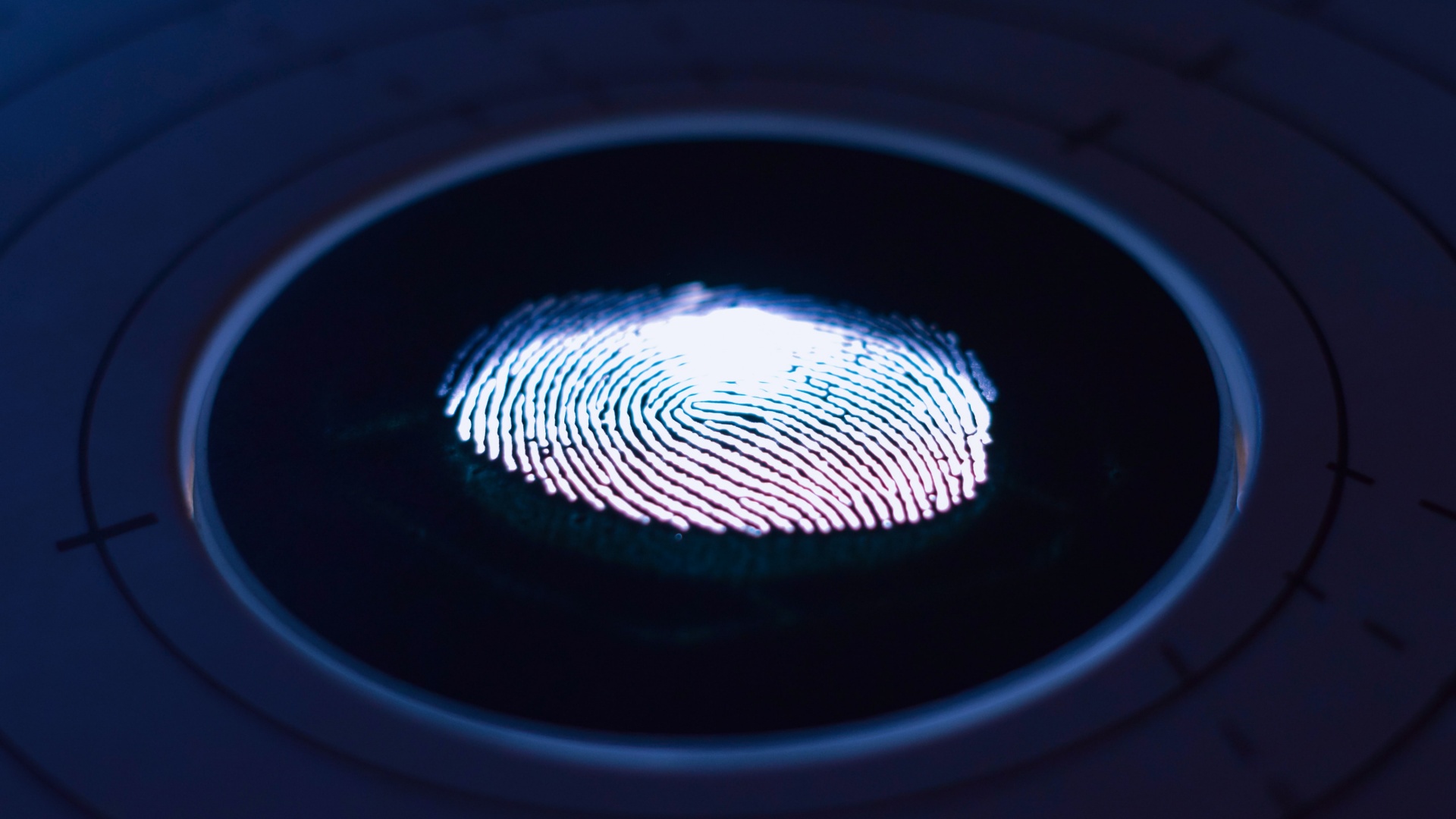In reaction to the pandemic, businesses and consumers alike began to embrace digital solutions as a way of circumventing lockdown restrictions while being able to offer or purchase what they needed. This convenience has proved vital, but as more of our daily lives are lived online, it also makes us a prime target for digital fraud.
Unsurprisingly there has been an increase in activity in this field, especially for South Africa, and data analytics firm FICO recently conducted a survey to find out what concerns local consumers most in this regard.
The company’s survey was global in nature, but for the local perspective respondents were sampled from all nine SA provinces and ranged from 18 to 55 in age, with a gender split of 49 percent males and 51 percent females. The survey also included consumers in Brazil, Canada, Chile, Colombia, Germany, India, Indonesia, Mexico, Thailand and the US.
The most common concern locally was that of identity theft. In fact, FICO’s research shows that 36 percent of people surveyed were worried about their identify being stolen as a result of digital fraud.
Added to this is the fact that 17 percent of respondents say that they have already fallen victim to it, offering credence to the aforementioned 36 percent.
“Criminals found new ways of committing crimes as the pandemic started spreading worldwide. The changes in human behavior, particularly the switch to more digital methods to manage relationships and finances, created opportunities for more fraudulent activities,” notes Michelle Beetar, FICO VP and MD for MEA
“One concerning finding is that only 8 percent of respondents said the type of fraud they were most worried about was a fraudster tricking them into sending a payment, even though this kind of scam is growing fast and is a major focus for banks. Consumers should understand that it is incredibly easy to be fooled by these scams, which may appear to come from trusted sources such as their bank or a courier delivery service,” she adds.
It also looks as if consumers are generally unsure about the level of security and capability of their financial institutions to safeguard their data, along with putting the necessary measures in place to provide peace of mind.
This as the survey found that 31 percent of respondents felt that banks did not have enough security checks to protect online payments and more security checks are needed. Drilling deeper down, the survey highlighted that with regards to setting up debit orders on individuals’ bank accounts, 21 percent of respondents said there were not enough checks.
Despite the concerns being raised, it is clear that consumers are aware of the fact that digital is the way forward when it comes to payments.
A significant 79 percent of respondents said they will continue to do all their banking through apps or websites, and only 4 percent state that they will do their banking in person.
As such, in order to retain consumer confidence and avoid them moving to a competitor, banks will need to think about more efficient and sophisticated solutions moving forward, if digital fraud and identity theft are to be addressed.
“There is a pressing need for banks to find the right balance between security checks and consumer education,” emphasises Beetar.
“To prevent customers feeling overwhelmed and annoyed by security measures, banks should use their customer communications channels to good effect so that they improve rather than detract from customer experience. They can also ‘invisibly’ check payment transactions, AI and machine learning tools that look at transaction data to identify the signals of fraud are an accurate way to detect and prevent fraud without impacting customer experience,” she concludes.
Let us hope that the advice is being heeded.
[Image – Photo by George Prentzas on Unsplash]

